On September 5, President Shavkat Mirziyoyev chaired a meeting on increasing production, exports, and investments in the electrical industry.
Uzbekistan has great potential in this area. Over the past seven years, $1 billion has been invested in the industry. As a result, 762 enterprises were commissioned, and 45 types of new products were launched. During this, budget revenues from industry enterprises increased 8 times, and production volume increased 1.8 times.
The geography of exports has doubled over the past three years and covered 62 countries. Of the 200 types of products manufactured, 195 are exported. In general, the export of electrical equipment reached $1 billion, and in this indicator, the industry became second after textiles.
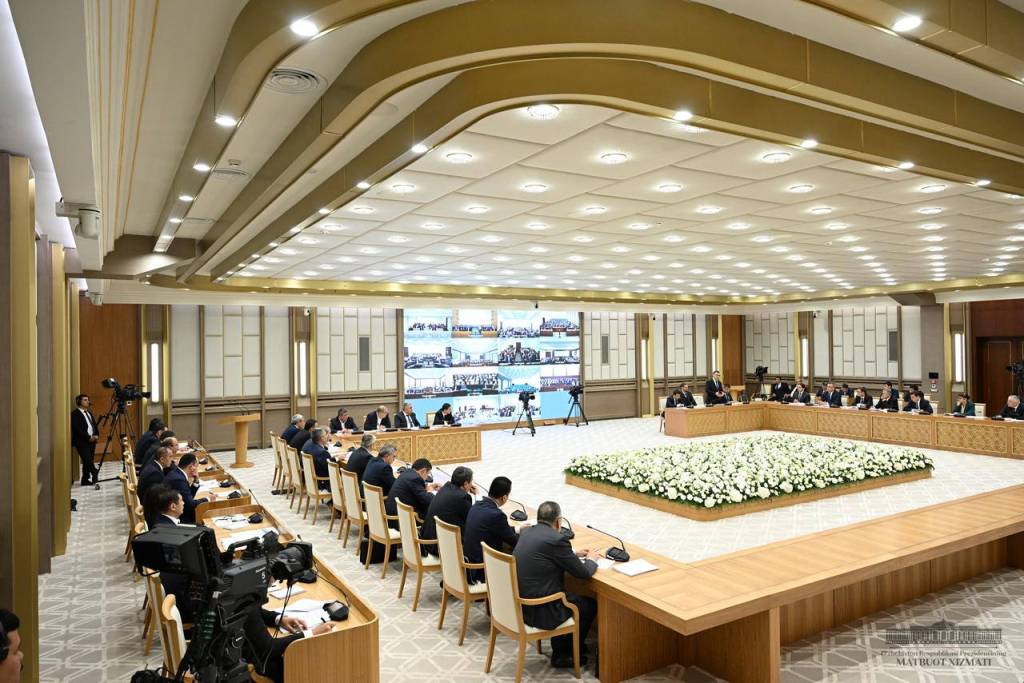
At the same time, there are problems associated with interruptions in production and logistics chains, as well as working capital and cost. All countries have strengthened the protection of their domestic markets. It is becoming increasingly difficult to enter new markets and maintain existing ones.
“In such conditions, our only way is to increase the competitiveness of our products by ensuring quality and reducing costs”, Shavkat Mirziyoyev said. “This can be achieved by uniting industry enterprises and expanding the value chain”.
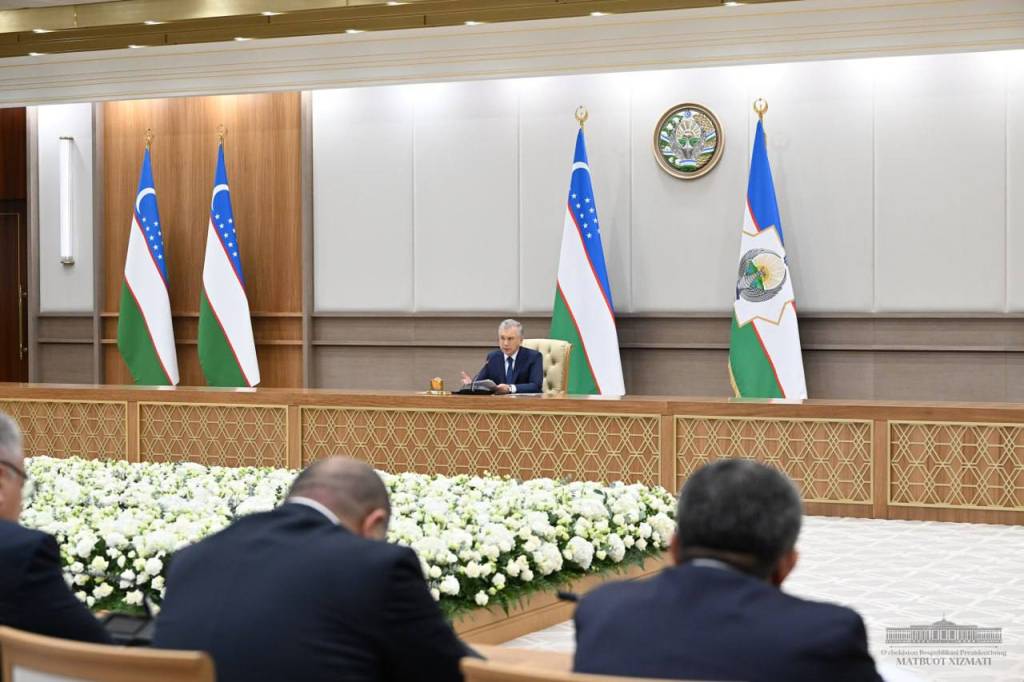
At a meeting with the participation of responsible industry officials and entrepreneurs, opportunities in this area were analyzed.
A low level of processing and inter-industry cooperation at enterprises was noted. For example, only 4 enterprises produce cables in demand in the automotive industry. If composite insulation of copper pipes is established, their cost will increase.
In this regard, it was determined that from now on, technology parks in the electrical engineering industry will develop based on industrial cooperation with enterprises in related areas. For this purpose, up to 10 hectares of space will be allocated in the technology parks of Akhangaran, Fergana, Karshi, and Urgench for enterprises in related industries, such as the processing of composite materials, metal and plastic processing, mold production, and packaging. For specific projects in this area, ready-made buildings will be constructed and provided to entrepreneurs on industrial mortgage terms. These enterprises will be provided the same benefits as electrical engineering enterprises in terms of property tax and income tax of up to 50 percent.
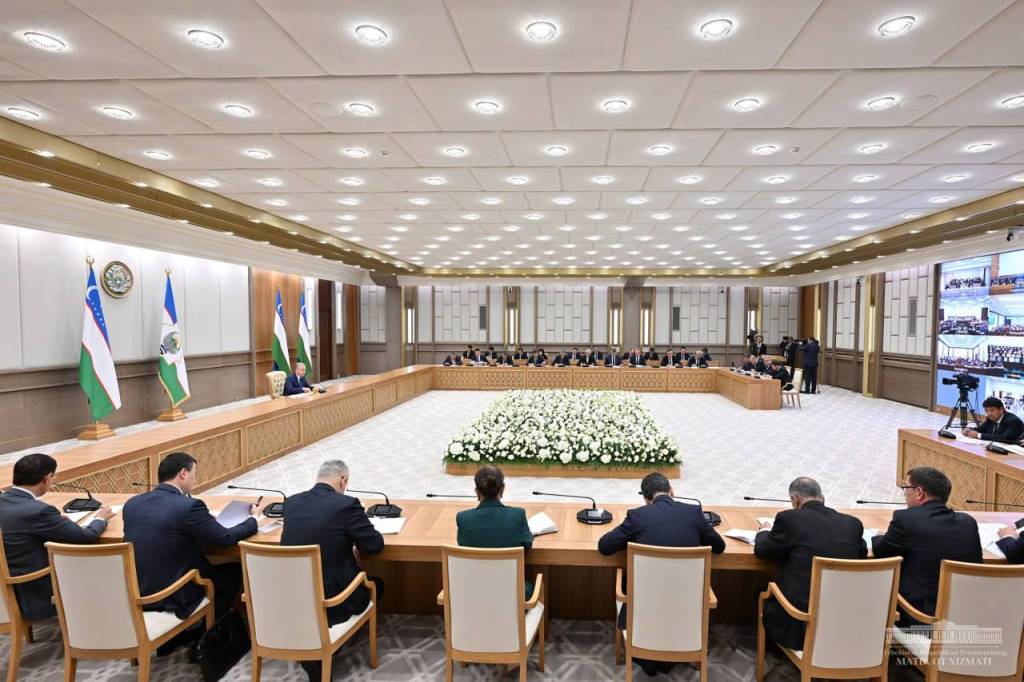
The household appliances sector has been developing well in recent years. However, it was noted that we should not limit ourselves to this sector alone. The demand for electrical products in the energy, construction, water management, and automotive industries is growing daily.
For example, projects worth $36 billion to produce 27 gigawatts of electricity are being implemented in the energy sector. Plans also include replacing pumps with modern ones and installing meters in drinking water supply networks.
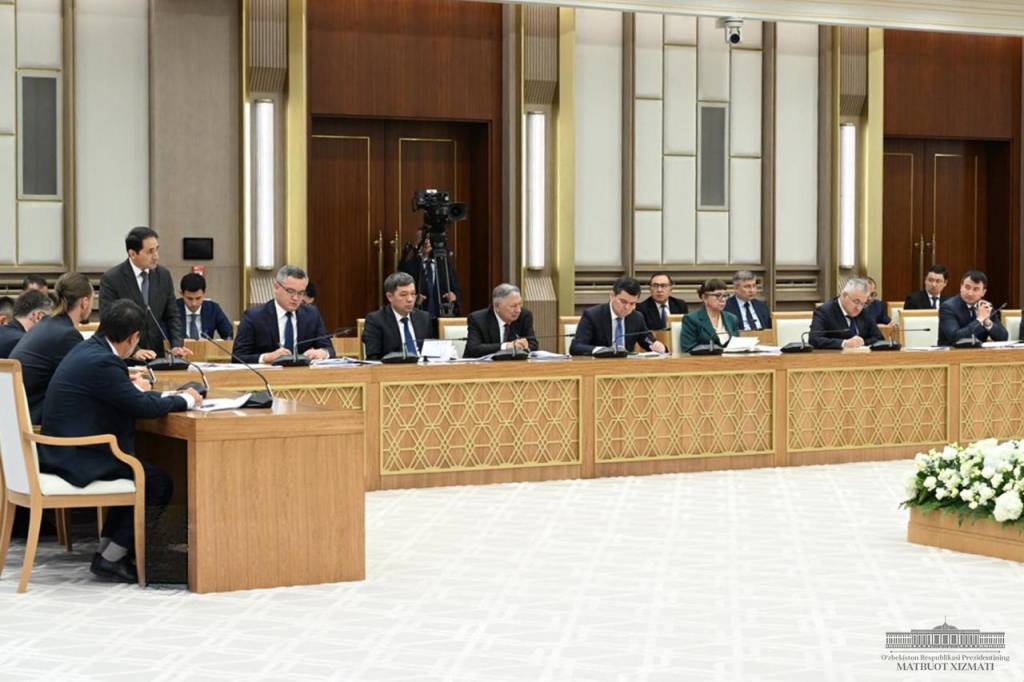
In Uzbekistan, 100,000 apartment and non-residential buildings with an area of 13 million square meters are built every year. These buildings also need cables, transformers, heating and cooling systems, pumps, elevators, and surveillance equipment.
Based on this, it was instructed to increase the share of domestic products in state investment programs and large projects. To do this, the relevant ministries and industries must communicate their requirements to local enterprises, help improve the quality of products, and bring them into line with standards.
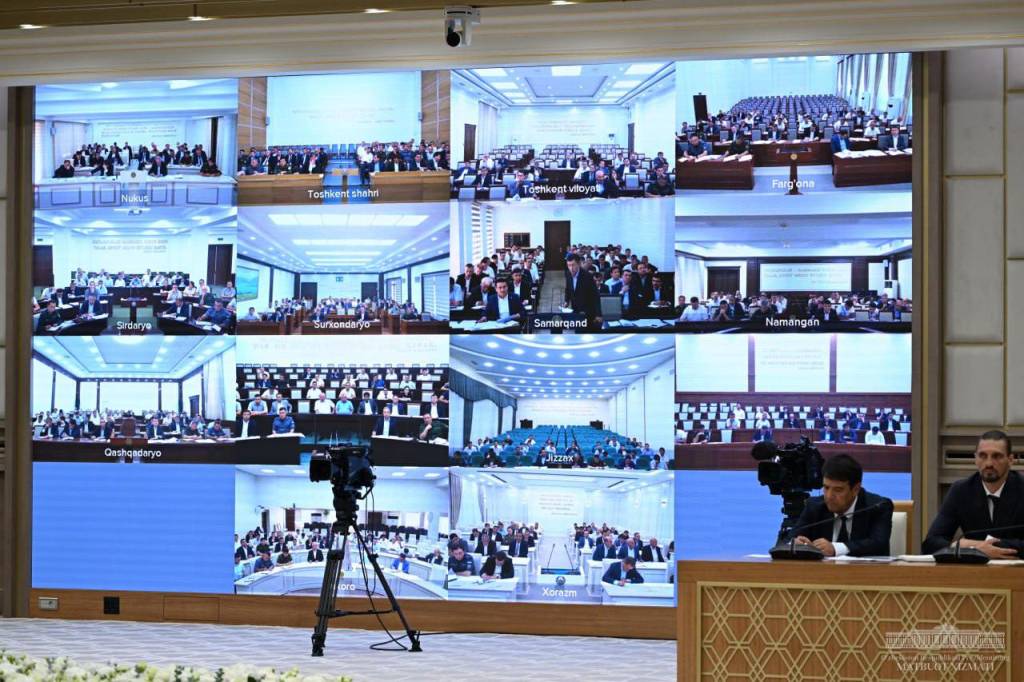
It was noted that this year, the electrical engineering industry has the potential to increase production volume to 40 trillion UZS.
The issue of value-added tax was raised. Goods imported from abroad for projects implemented through external borrowing are exempt from it. However, domestic enterprises participating in such projects pay value-added tax. As a result, they cannot compete in price with imported goods.
It was determined that domestic manufacturers will be refunded the value-added tax for goods supplied to projects involving international financial organizations from now on. This will create an additional market of $250 million for electrical engineering enterprises.
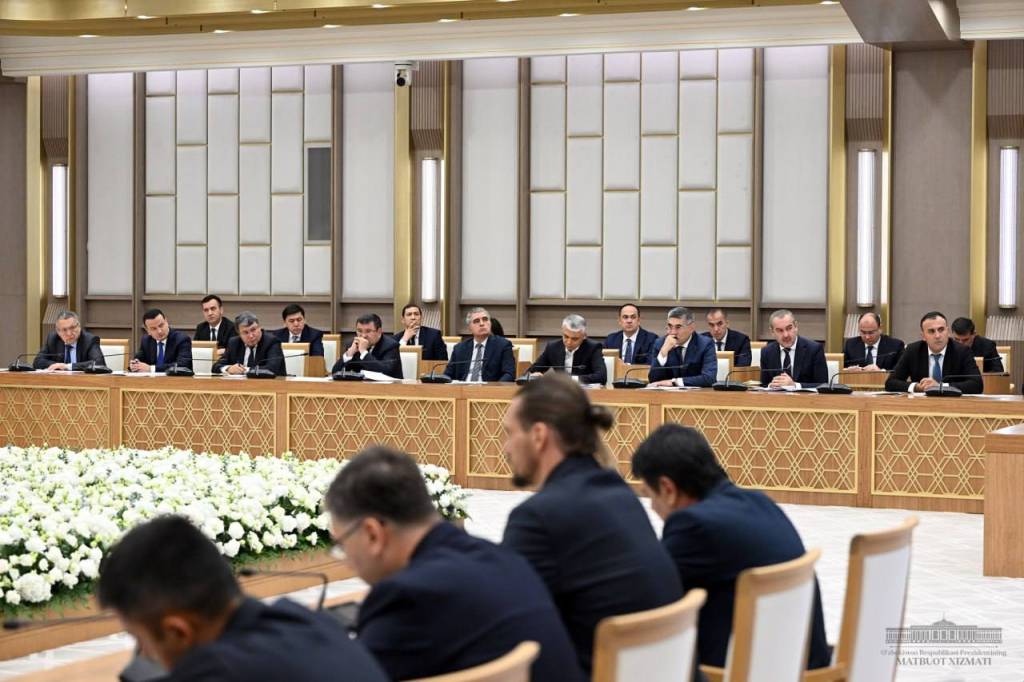
Addressing industry representatives, the Head of state emphasized the need to improve quality and competitiveness and obtain international certificates.
When discussing export issues, it was noted that it is possible to organize large-unit assemblies in other countries and supply them with components and semi-finished products without additional fees.
In particular, there is potential for turning Uzbekistan into a regional electrical engineering hub that supplies technologies, qualified specialists, and components to neighboring markets. For this purpose, instructions were given on producing and promoting new products under national brands.
It is essential that the Uzeltechsanoat Association is not limited to large enterprises but closely cooperates with all industry entrepreneurs. In this regard, a decision was made to change its activities radically.
In particular, the association will now identify products in demand in the domestic and foreign markets, develop projects for them, and transfer them to entrepreneurs. It will promote the implementation of standards at enterprises in accordance with international requirements and the receipt of certificates. The association will determine the needs of other industries and transfer their orders to electrical engineering enterprises. Place orders in universities and technical schools for training engineers-technologists and mid-level personnel, and jointly develop training programs. The association will send promising specialists from local enterprises for internships in leading foreign companies.
New association members will not be charged fees for 2 years, and enterprises with a turnover of less than 10 billion UZS will not be charged. Testing of their products in the Eltex Lab will be free.
At the meeting, industry leaders and hokims presented information on plans to launch 85 projects worth $500 million this year.
The Head of state also held an open dialogue with industry entrepreneurs. Based on their problems and proposals, instructions were given to work out issues of increasing the volume of working capital for export, expanding the leasing system for industrial electrical equipment, providing financial support for research and development work, giving priority to domestic products in government procurement, restricting trade in low-quality and counterfeit products, and others.
UzA
- Added: 06.09.2024
- Views: 1975
 Ўзбекча
Ўзбекча English
English Русский
Русский
